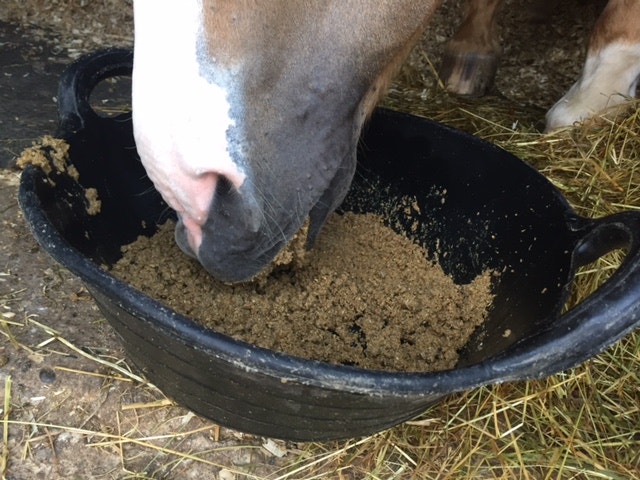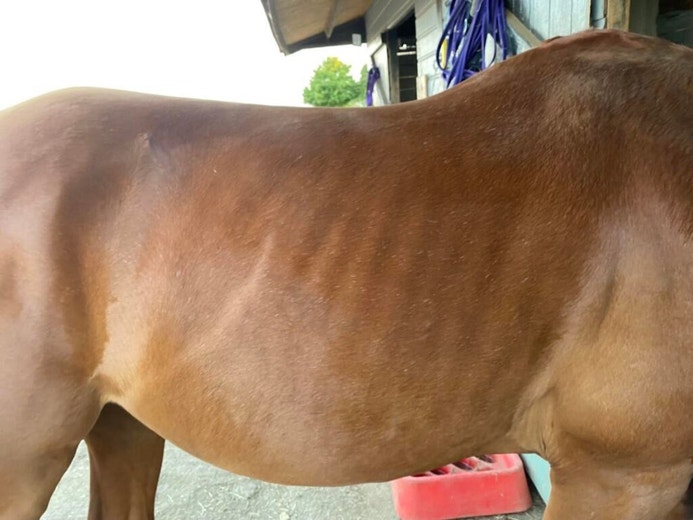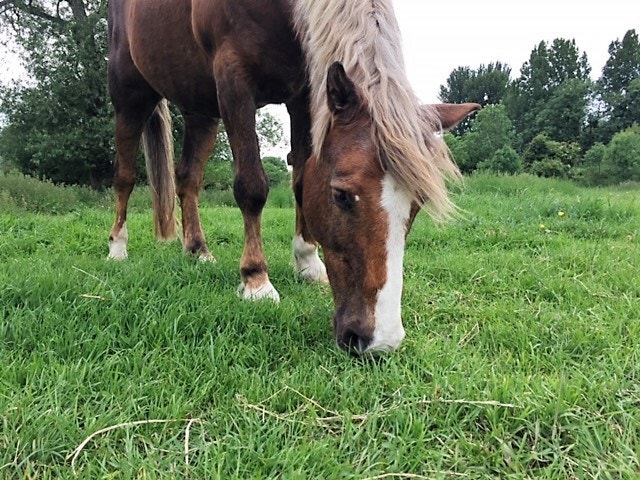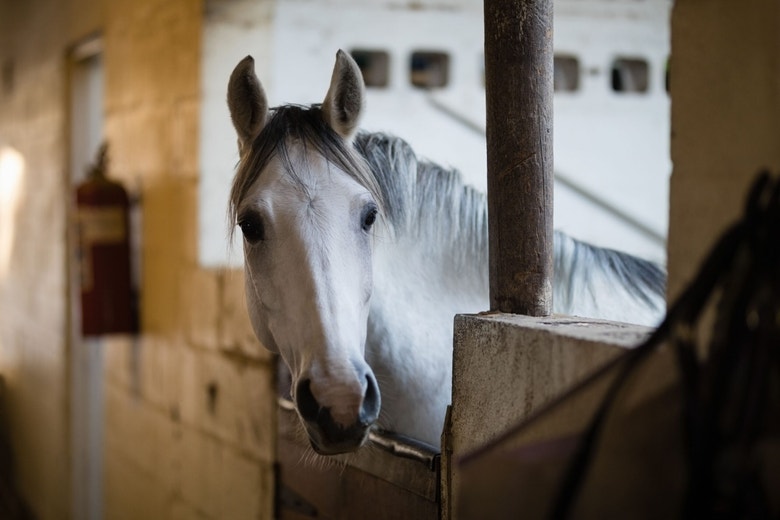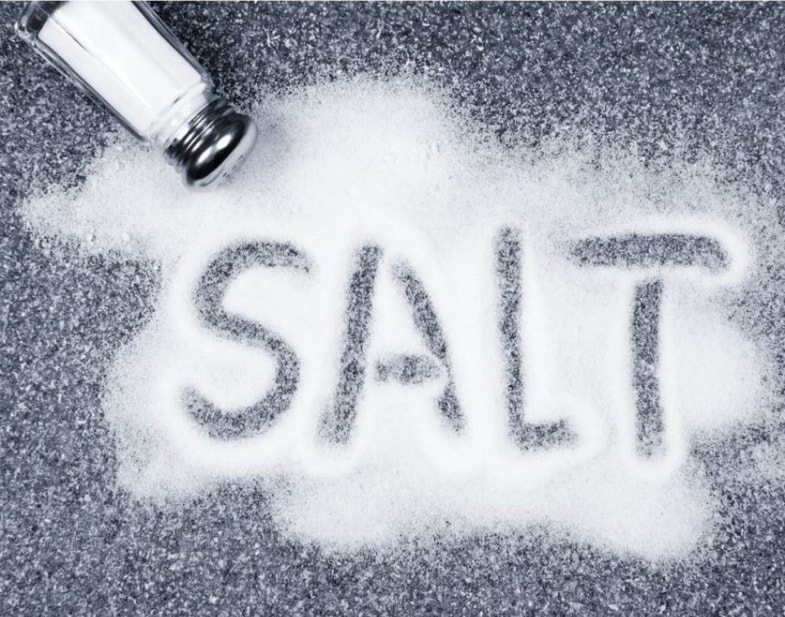
Salt made simple | Spillers Feeds
If you find the idea of feeding electrolytes confusing, you are certainly not alone! Here we explain why electrolytes are so important but also why a simple salt lick may be sufficient for many leisure horses…
Why are electrolytes so important?
Electrolytes are involved in many essential processes including the transmission of nerve impulses, muscle contractions (including those that make your horse’s heart beat!), controlling the movement of water around the body and maintaining the body’s pH (acidity level). A lack or imbalance of electrolytes may lead to conditions such as heat stress, fatigue and synchronous diaphragmatic flutter (thumps), as well as some cases of tying-up. Electrolytes are lost from the body in urine, droppings and sweat and therefore need to be replaced by the diet.
Does your horse need additional electrolytes?
All horses require a certain amount of electrolytes in order to maintain health and replace losses in urine and droppings. However, these ‘maintenance’ requirements can typically be met by feeding plenty of forage and the recommended ration of an appropriate compound feed or balancer. Additional electrolyte losses are linked to sweat loss – the more your horse sweats the more electrolytes they will lose. We generally recommend access to a salt lick for horses at rest or in light work but those sweating more heavily on a regular basis will need some form of electrolyte replacement.
Replacing lost electrolytes
The main electrolytes lost in sweat are sodium, potassium and chloride. Forage is typically high in potassium so for many horses simple table salt (the salt you put your chips!), which is a combination of sodium and chloride, is an effective supplement. If the majority of sodium lost in sweat is replaced by table salt, chloride requirements will typically be met too for most horses in the UK (additional considerations may be needed for endurance horses).
Estimating requirements
Although sweat loss can be estimated by the measuring the amount of weight lost during exercise (1kg of weight loss equates to approximately 0.9 litres of sweat), most of us don’t have the luxury of being able to accurately weigh our horses before and after exercise! Sweating rates also vary between individual horses and can be affected by several factors including temperature, humidity, temperament and fitness. The amount of additional salt you need to feed will also depend on how much sodium is already provided by the base diet. Unfortunately, there is no getting away from the fact that even estimating electrolyte requirements is a fairly complex business which means it’s very difficult to make generic recommendations. If your horse or pony is sweating regularly, a nutritional advisor will be able to give you more specific and importantly, practical advice.
Is it possible to overfeed electrolytes?
Slightly over-feeding electrolytes is unlikely to cause any harm, particularly in healthy, hydrated horses fed plenty of ‘green’ forage (mature ‘brown’ hay/ haylage may not have the same effect). However, this doesn’t necessarily mean that over-feeding salt is completely risk free. In one study, feeding horses, in medium work (on low forage diets), more salt than they required increased acidity in the blood. This could potentially have some negative effects including a loss of calcium from bones. Whilst feeding recommended amounts of green forage may have prevented this increase in blood acidity, this research suggested that overfeeding salt could potentially have a negative effect on bone health, particularly for growing, heavily exercised horses on a low forage diet (such as racehorses in training) although this has not been proven.
SPILLERS Perform & Restore Mash
Feeding SPILLERS Perform & Restore Mash helps to replace some of the electrolytes lost through sweating. Whether or not you need to feed additional salt or an electrolyte supplement (and how much) will depend on how much your horse sweats and his base diet so contact the Care-Line for specific advice.
SPILLERS’ tips
Unless they are sweating regularly, an equine salt lick is should be sufficient for most horses in light work provided they are fed sufficient forage and the recommended ration of an appropriate compound feed or balancer.
Speak to a nutritional advisor for advice on feeding table salt if your horse or pony is sweating regularly.
Salt should ideally be introduced and removed from the diet gradually.
If your horse starts urinating or drinking excessively after introducing electrolytes reduce the amount given by half and speak to a nutritional advisor.
Fresh clean water should be available at all times. If you are adding electrolytes to your horse’s water, always provide plain water as an alternative.
Adding salt to feed or water can reduce palatably. You may need to ‘train’ your horse to eat or drink water that contains added salt or electrolyte supplements. Adding something to help mask the taste such as a small amount of apple juice may help (always consider the risk of prohibited substances if you are competing).
Avoid using concentrated electrolyte pastes/ syringes for horses prone to gastric ulcers. In one study, multiple hypertonic electrolyte pastes were seen to significantly increase the number and severity of gastric ulcers.
We do not recommend using electrolyte pastes/ syringes in dehydrated horses.
For more advice on feeding electrolytes contact the SPILLERS Care-Line
